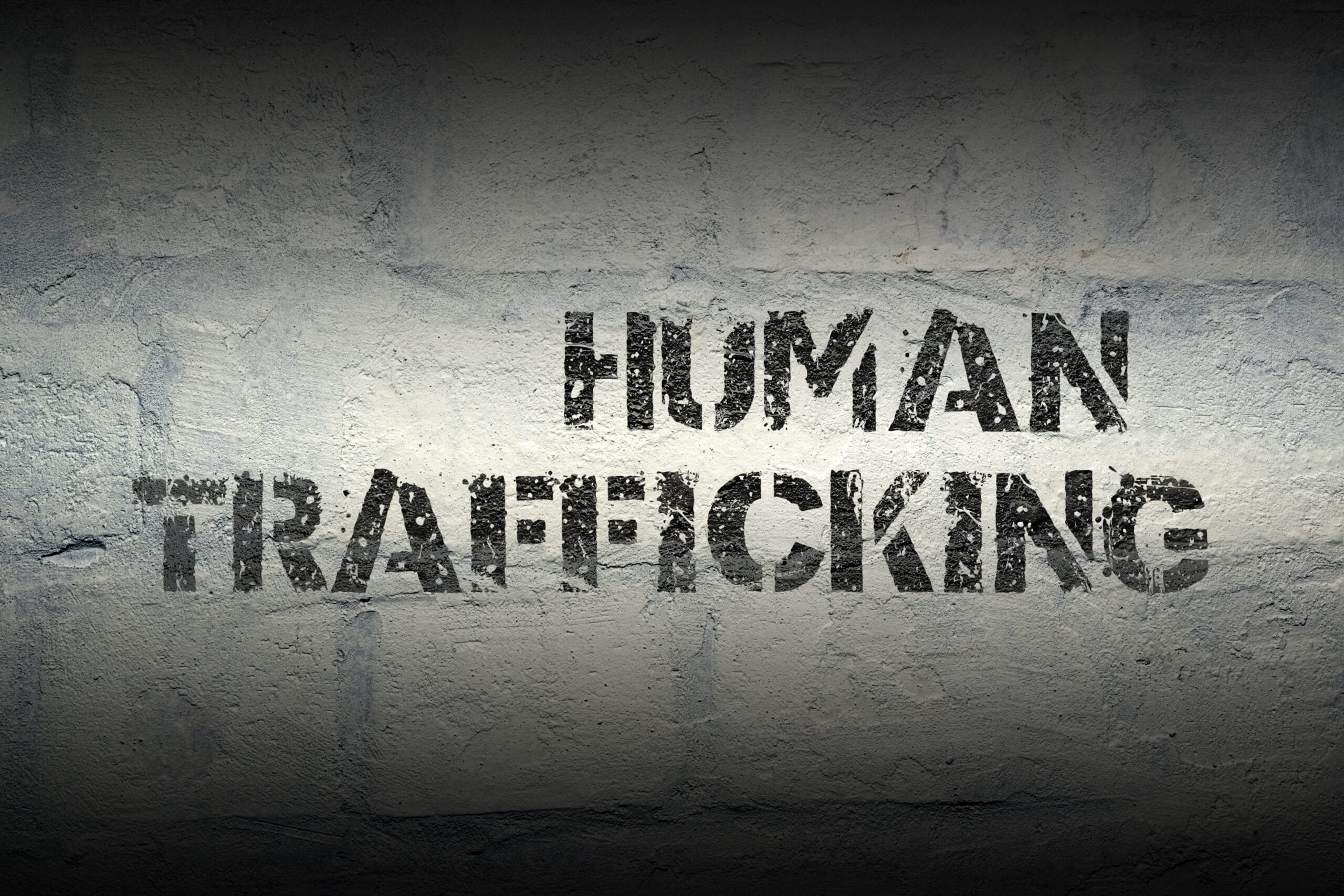Human trafficking is a heinous crime that involves the exploitation and coercion of individuals for various purposes, often against their will. It’s a complex and clandestine network that preys on vulnerable individuals, exploiting them for labor, sex, or other forms of exploitation.
Human trafficking operates in shadows, involving intricate networks that span across regions and nations. Victims often endure physical and psychological trauma, robbed of their freedom and dignity. They face the constant threat of violence, manipulation, and coercion, making it incredibly challenging for them to break free from the clutches of their traffickers.
Traffickers profit immensely from this illicit trade, preying on vulnerability, poverty, desperation, and sometimes naivety. The victims become commodities, traded and exploited for labor, sex work, organ harvesting, or other illicit purposes.
Private Investigator Role For Plaintiff Council:
Investigating human trafficking as a private investigator for plaintiff council procedures is a crucial and sensitive role. It involves gathering evidence, conducting interviews, and uncovering information to support the plaintiff’s case against those involved in human trafficking.
Here are some steps that a professionally trained private investigator may take in the investigative process:
- Understanding the Case: The investigators should familiarize themselves with the case details, including the individuals involved, locations, and any existing evidence.
- Legal Framework: Ensure they know the legal aspects of human trafficking in the jurisdiction where the case is being pursued. Understand the laws, regulations, and procedures relevant to gathering evidence.
- Evidence Collection: Gather tangible evidence such as documents, photographs, and videos that support the trafficking claims. This might involve surveillance, forensic analysis, or obtaining records.
- Interviews and Testimonies: Conduct interviews with victims, witnesses, and anyone with relevant information. Document their testimonies and gather statements that can be used as evidence.
- Collaboration: Work closely with law enforcement, legal experts, and other professionals specializing in human trafficking cases. Partnerships can help access resources and legal guidance.
- Maintaining Confidentiality: Protect the identities of victims and anyone cooperating with the investigation. Confidentiality is crucial to ensure their safety and security.
- Reporting Findings: Present your findings and evidence to the plaintiff’s legal counsel. Your collected evidence and reports will assist them in building a solid case against the perpetrators.
- Testifying in Court: You may be required to testify in court about your findings and the methods used during the investigation. Preparation for this is essential.
The narrative of human trafficking is a grim and heartbreaking one, illustrating the plight of countless individuals whose lives are shattered by this horrendous crime. Recognizing, combating, and advocating against human trafficking is crucial to protect and support those vulnerable to its horrors.
It is crucial to engage a qualified private investigator with specialized training to conduct a thorough human trafficking investigation. Such an investigator should deeply understand the intricate legal and ethical standards governing this despicable crime.
If you’ve been affected by human trafficking or seek more information from experienced experts in investigating such cases within the private sector. In that case, we encourage you to contact the seasoned professionals at Francis & Associates for assistance and information.




